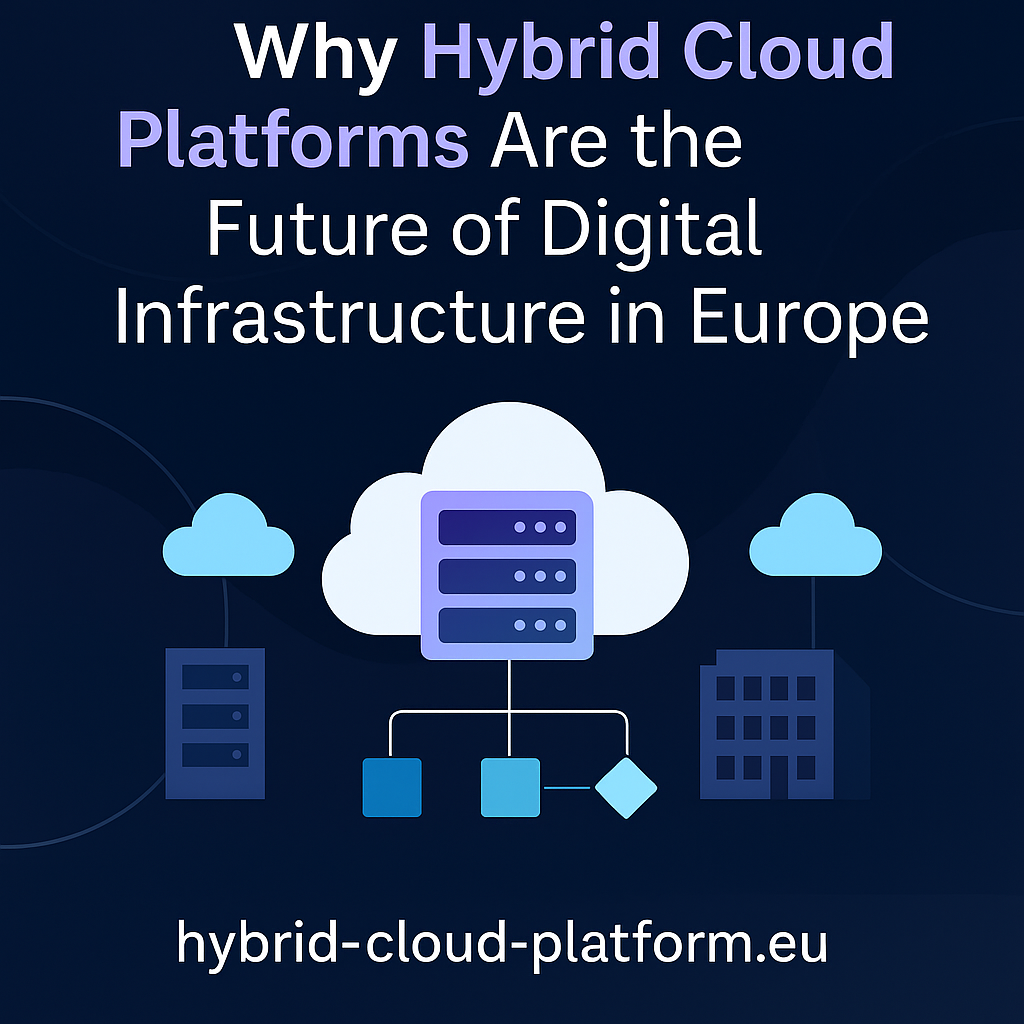Exploring Hybrid Cloud Architectures Across Various Sectors

Exploring Hybrid Cloud Architectures Across Various Sectors
Hello fellow tech enthusiasts! Today, I want to dive into a topic that's been buzzing around the tech circles lately—hybrid cloud architectures. It's a fascinating area to explore, especially when you look at how different sectors are embracing this technology. So, grab a cup of coffee, and let's explore together!
Understanding Hybrid Cloud
First off, let's get on the same page about what hybrid cloud actually means. In simple terms, it's a mix of on-premises, private cloud, and public cloud services, all orchestrated to function as a single entity. This blend offers flexibility and more control over data and resources—something every sector values, albeit in slightly different ways. But why? Let's break it down.
Finance Sector
In the finance sector, security and compliance are king. Here, hybrid cloud architectures shine because they allow firms to keep sensitive data on private clouds while leveraging the scalability and advanced services of public clouds for less critical operations. It’s a sweet spot that balances risk and innovation. Financial institutions often aim for cloud sovereignty to ensure data protection and meet regulatory requirements.
Healthcare Industry
Moving on to healthcare, the blend of private and public cloud offers a robust way to manage patient data. With hybrid cloud, healthcare providers can ensure data portability and accessibility for patient information, which is crucial for delivering timely care. Yet, they can also maintain the confidentiality required by law. It's like having your cake and eating it too!
Retail and E-commerce
Now, if we look at retail and e-commerce, the need for a hybrid cloud setup often stems from the seasonal nature of the business. Retailers can scale up rapidly during peak times like holidays, thanks to the public cloud, while keeping everyday operations cost-effective on private clouds. This architecture supports the agility needed in such a fast-paced environment.
Manufacturing
In the manufacturing world, the hybrid cloud model supports the emerging trend of smart factories. By utilizing cloud services, manufacturers can enhance their supply chain efficiency and integrate IoT devices seamlessly. The real-time data processing capabilities provided by hybrid clouds are game-changers for operational efficiency and innovation.
Conclusion
As you can see, each sector has its unique needs and challenges, and hybrid cloud architectures offer a versatile solution that can be tailored to fit. Whether it's about ensuring data security, achieving regulatory compliance, or scaling operations efficiently, hybrid cloud seems to be the answer many industries are turning to. If you’re curious to dive deeper into the nitty-gritty of hybrid cloud solutions, especially around portability and sovereignty, head over to LayerOps. They’ve got a wealth of information to help you navigate the cloud landscape. Until next time, happy cloud computing!